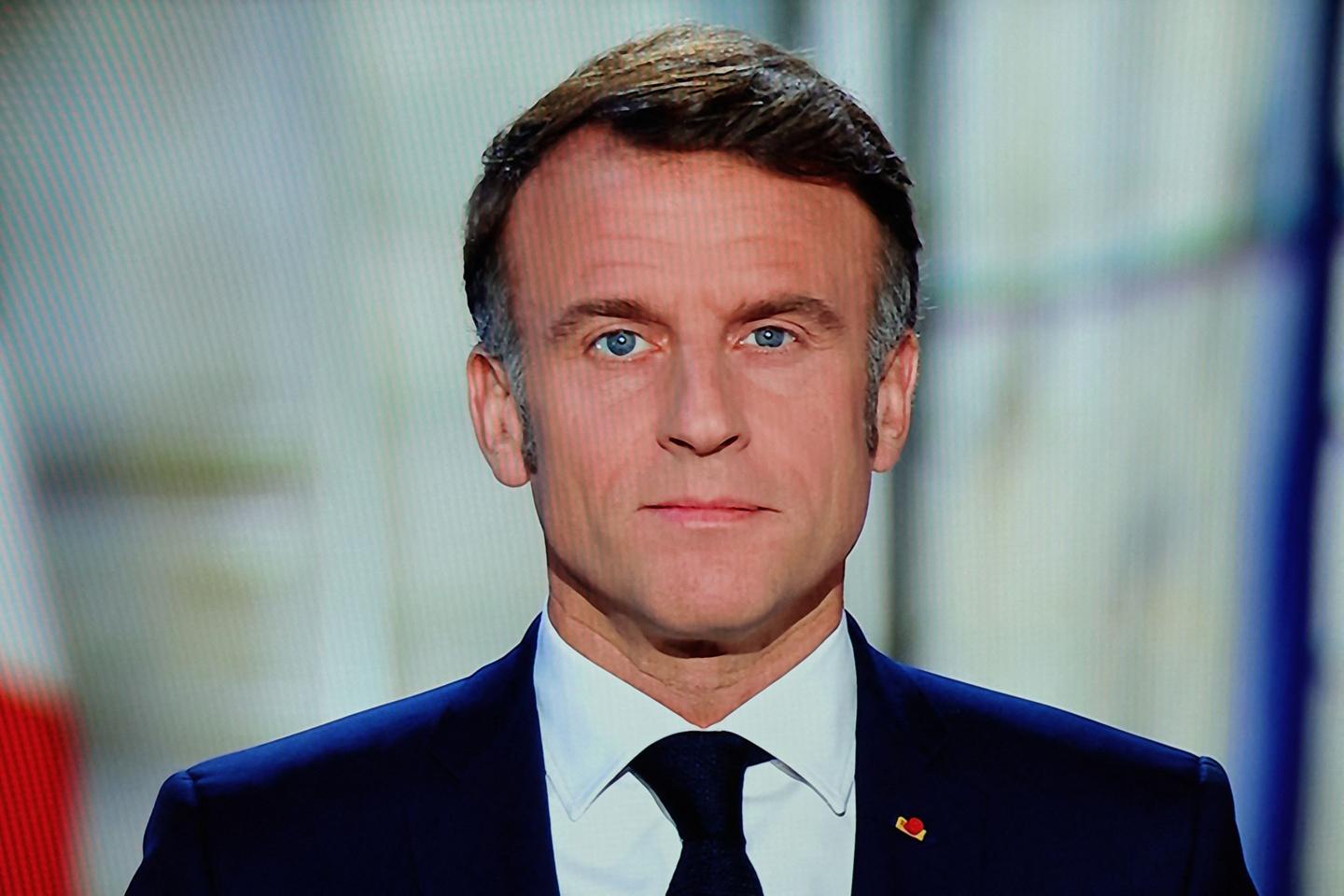French voters will be asked to “decide on certain crucial issues” for the country in 2025, President Emmanuel Macron said on Tuesday, December 31, appearing to propose one or more referendums to break political deadlock.
The vow in Macron’s televised New Year’s address followed a summer snap election that left Parliament near hopelessly divided, with MPs then toppling then prime minister Michel Barnier during a budget debate in early December. Barnier’s successor François Bayrou is sitting just as precariously in the saddle, supported only by a minority coalition of centrists and conservatives.
“The hope, prosperity and peace of the quarter-century to come depend on our choices today, and that’s why in 2025 (…) I will ask you to decide on certain crucial issues,” Macron told the public.
Pointing to global conflicts and instability, including in Ukraine and the Middle East, Europeans as a whole “must put naivety behind them” especially in trade and agriculture, Macron warned, hammering home a theme that has marked his entire time in office. The message followed Brussels’s signing of a trade deal with the Latin American Mercosur trade bloc, which Paris had long opposed. Europe must “say no to trade laws dictated by others that we are the only ones still upholding” and “say no to everything that makes us depend on others with no reciprocity,” Macron insisted.
The president admitted that dissolving France’s Parliament had “for now brought more divisions to the Assemblée Nationale than solutions.” But he urged viewers to look back on 2024’s globally celebrated highs like the Paris Olympic Games and the reopening of Notre Dame Cathedral after a devastating 2019 fire.
French people had been “united, determined, and in solidarity” with one another throughout the year, Macron said. “Together, we proved that impossible is not French (…) let’s hang on to the best of what we have been,” he added.
Macron promised to “watch over” what he sees as his key achievements since he took power in 2017 and was re-elected in 2022, including lower unemployment and reindustrialization. And he warned that France must be “stronger and more independent faced with the disorder of the world” in the year ahead.
Budget head-scratcher
No longer commanding a loyal majority in Parliament, the French president’s own role in the day-to-day running of the country is diminished – although Macron retains important powers over foreign policy and as head of the armed forces, as well as having the power to call referendums.
Partner service
Learn French with Gymglish
Thanks to a daily lesson, an original story and a personalized correction, in 15 minutes per day.
Try for free
Marine Le Pen, the far-right figurehead who Macron has twice defeated in presidential elections, believes that the centrist will not be able to see out his term until 2027 as he has promised. In her own New Year’s message, she had earlier told the French public that she expected “a decisive year in 2025.”
“The happy resolution (…) will come from the people and therefore by a democratic decision,” she added.
Beyond questions about personalities, France’s political class has pressing issues to address in the coming year – top of the list is its yawning budget deficit, forecast to have hit 6.1% in 2024. Short-lived government chief Barnier fell on his attempt to pass a cost-cutting budget.
New PM Bayrou has said he hopes to pass one by “mid-February,” but faces the same hurdles as before to bring rival lawmakers onboard. It is time for the EU to “say no to trade laws dictated by others that we are the only ones still upholding” and “say no to everything that makes us depend on others with no reciprocity,” Macron told viewers, sharpening a message he has hammered home since his first election in 2017.

